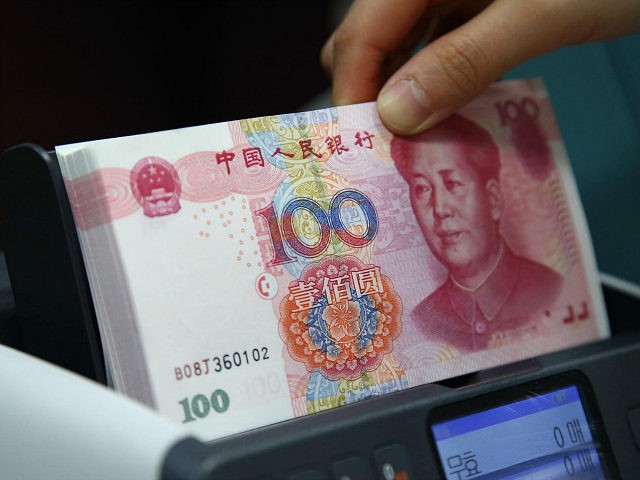Dec. 27 (UPI) — High-flying Chinese firms that once relied on government bailouts in times of crisis may no longer be safe.
Corporate bond defaults reached a record high in mid-December in the world’s second-largest economy, the Nikkei reported Friday.
Shanghai DZH, a data provider, said defaults on Chinese corporate bonds reached $23 billion, an increase from 2018 when defaults were already rising, according to the report.
Government-owned companies are not immune to defaults because authorities are taking a more laissez-fare approach; an international bank executive who spoke to the Nikkei said the “tacit government guarantee” is no longer the norm.
A recent example of the new policy surfaced in Tianjin, where commodities trading company Tewoo Group, also a unit under state-owned conglomerate Citic, failed to repay its dollar debt in early December, CNBC reported.
Tewoo’s bond default was the largest in about 20 years for a state-backed enterprise, according to the report.
Analysts say the central government is letting these defaults happen.
“I interpret this from the perspective of President Xi [Jinping]’s ongoing de-risking campaign, trying to increase the financial discipline in the system,” said Nathan Sheets, chief economist at PGIM Fixed Income, according to CNBC.
Sheets said the Chinese leadership feels “comfortable enough about the outlook that they’re willing to let some firms fail.”
Tewoo has offered a repayment at a discount as deep as 63 percent as part of its debt restructuring efforts.
Tewoo’s situation is a warning to other firms, according to Standard and Poor analysts.
“Tewoo’s debt restructuring may set the framework for other distressed [state-owned enterprises] with large offshore debt. More importantly, it has crushed the long-held myth by many market participants that SOEs, no matter how weak, will be bailed out by their government masters,” said S&P Global in a recent report.

COMMENTS
Please let us know if you're having issues with commenting.